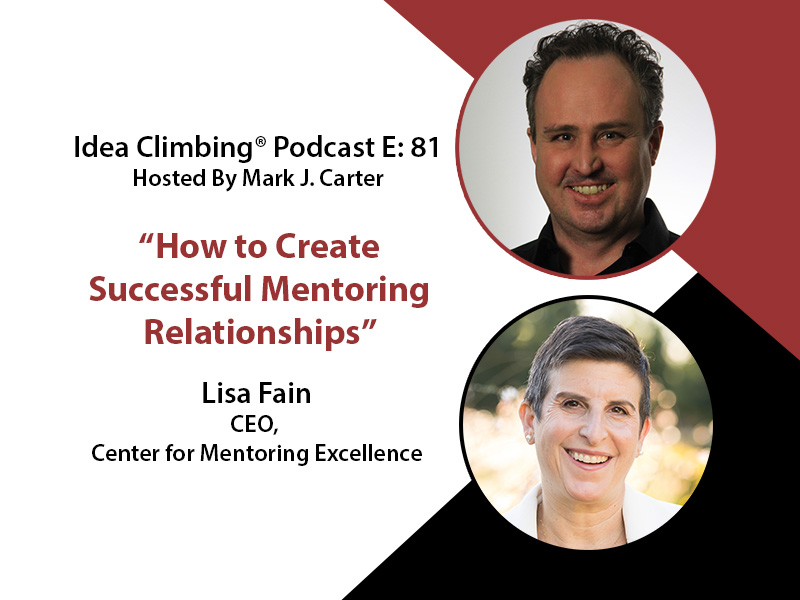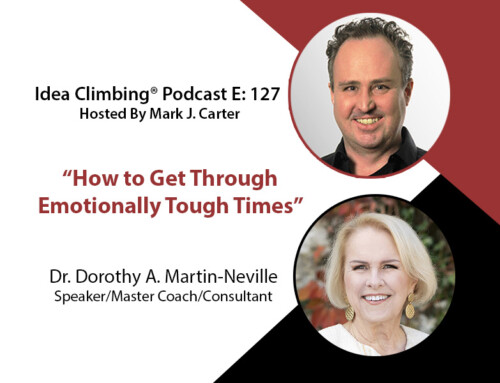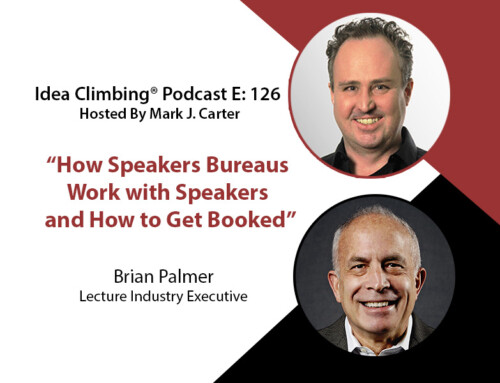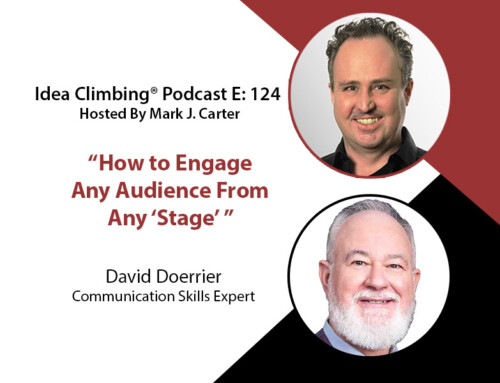Podcast: Play in new window | Download (Duration: 21:57 — 30.2MB) | Embed
Subscribe: Apple Podcasts | Spotify | Amazon Music | Android | iHeartRadio | RSS | More
Mentoring relationships without structure can fail fast. With the right structure they can thrive. That’s what I discuss in this episode with Lisa Fain.
What do you think most mentoring programs do wrong? Most mentoring programs have a “pair and pray” structure. They pair people and pray that the program succeeds. People think because they’re in an “official” mentoring program and are having mentoring conversations that they don’t need guidance on how to do it. Unfortunately for them the structure is critical to success. It’s not about prescribing structure, it’s about co-creating structure. Mentors and mentees need to discuss the terms of their mentoring relationships so they can create structure and hold themselves accountable.
Terms of the mentoring relationship can be a bunch of things. It can be as simple as deciding when and where they’re going to meet, what they’re going to talk about and who is going to schedule it. It could be boundaries on what they will discuss. It could be checking in and how they’re going to provide feedback. There just needs to be structure.
How to Create Trust and Give Effective Feedback
Trust is a precondition for getting effective feedback. Where a lot of people go wrong is that they assume because they’re in a mentoring relationship they can freely give feedback that will be warmly received. First you need to take the time to build trust and a meaningful relationship. That means connecting; that means getting to know one another. This means that the mentors are sharing their own challenges and vulnerabilities. Lisa has received a lot of feedback about her programs that the mentees were more involved in mentoring relationships because they found out that their mentors aren’t perfect and have had challenges along the way.
Mentees are sharing what their own fears and doubts are. It means connecting on a human level and knowing what’s going on in one another’s’ lives. All of those build a foundation of trust so that when you get to giving and receiving feedback you will have an ongoing conversation instead of just one session of feedback. The conversation needs to be a balance of positive and critical feedback.
Feedback in a mentoring relationship is a two-way street. When you have healthy mentoring relationships, mentees can give feedback to the mentors about what’s working and what’s not working; what they want to see more of and what they want to see less of in the mentoring relationship.
How to Co-Own Your Mentoring Relationships
Mentoring has three primary components:
- A learning component
- A reciprocity component
- A co-creation component
Without those three things you can’t have an effective mentoring relationship. We’ll look at co-creation first. Lisa says that there is “funny math” in successful mentoring relationships, one+one=three. There’s the mentor, the mentee and then the relationship that they co-create together and co-own. This is where trust and reciprocal feedback come into play.
Reciprocity. We know intuitively that mentees gain a lot from mentoring relationships. The data also shows that because of mentoring relationships mentors become better leaders and they feel more invested in their careers. The more mentoring experiences that mentors have makes them more competent leaders. This means that mentees also give and mentors also get. Many mentees don’t initially see that. Some even think that asking for time to have conversations is a burden to their mentors. That’s not the case, that time spent is a gift to both people.
Learning. Just having random conversations isn’t enough. Mentoring doesn’t happen unless there’s learning. Learning is the purpose, it’s the product and it’s the process of mentoring. Learning needs to happen to both the mentee and mentor based on the goals that they set together. Examples of learning include many things. An entrepreneurial example of a goal and learning experience is learning how to grow and scale their business. It could be learning about an entirely new industry or targeting a different market.
All of this put together gives you structure for successful mentoring relationships!
We also discuss:
- The importance of having multiple mentors for different purposes.
- How to get started being a mentor and how to find mentees.
- What to do and what not to do while seeking out mentors.
- …and more golden nuggets of advice!
You can get my book (which includes a chapter on mentoring) here: “Idea Climbing: How to Create a Support System for Your Next Big Idea”
About The Guest
Lisa Fain is the CEO of the Center for Mentoring Excellence, where she spends her time working with organizations across the globe to create more inclusive workplaces through mentoring. A global speaker, master facilitator, and executive coach Lisa works with individuals and groups of all sizes to help them discover and create mentoring excellence.
Lisa formerly led the diversity and inclusion function at Outerwall Inc., and was an employment attorney at a multinational law firm for almost a decade. She lives in Seattle, Washington where she loves to hike and explore the Pacific Northwest.
Learn more about Lisa!
Website www.centerformentoring.com
More mentoring resources: https://linktr.ee/centerformentoringexcellence







